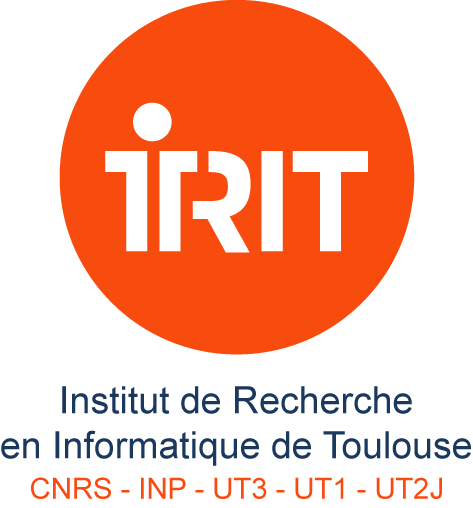We are pleased to announce that our paper where we propose the use of RMT tools to study random tensor models has been accepted by JMLR!
The central idea in our approach is to study the spectrum of matrix arising from contractions of a random tensor models with well-chosen directions. In particular, in the JMLR paper we leverage this idea to derive a novel characterization of the performance of maximum likelihood estimation of a symmetric rank-one Gaussian tensor model. Despite the fact that previous studies using tools from spin glass theory had already established a precise characterization of MLE for this model, our approach is more elementary and accessible, and we believe it will more easily lend itself to the study of other, more structured and more general tensor models.
As a matter of fact, Mohamed Seddik, Romain Couillet and Maxime Guillaud have already extended it to rank-one asymmetric Gaussian models, obtaining novel results on MLE for these models and on the spectrum of contractions of the associated ensemble (see https://arxiv.org/abs/2112.12348).
Check out our preprint on arXiv for more details : https://arxiv.org/pdf/2108.00774.pdf

